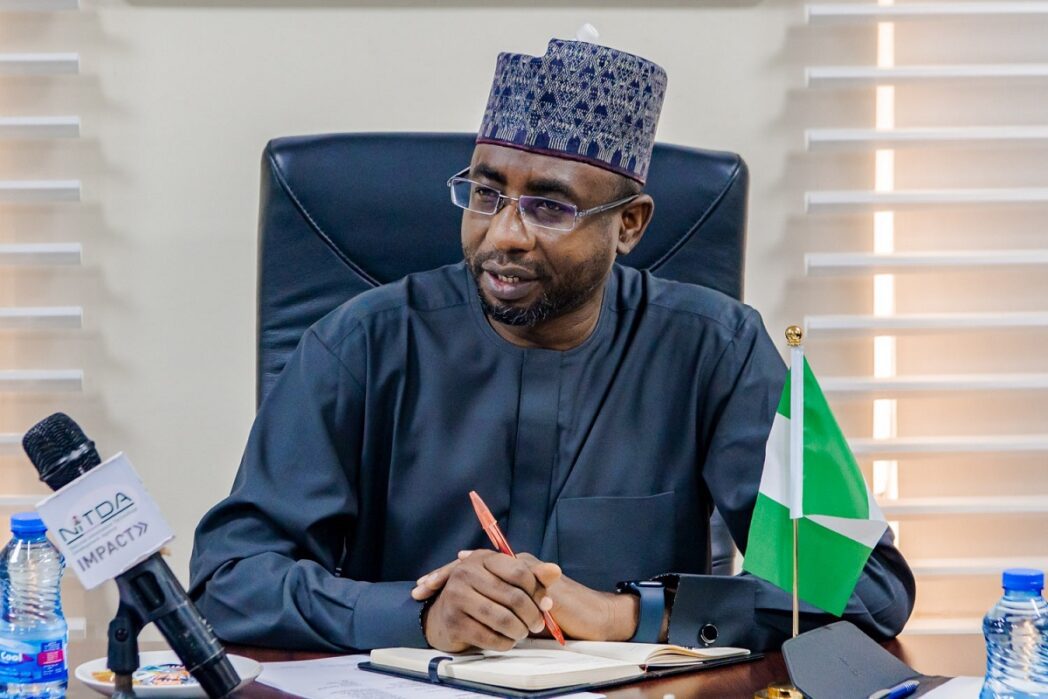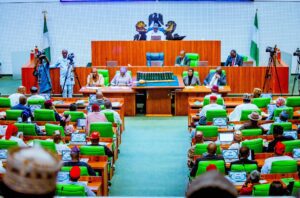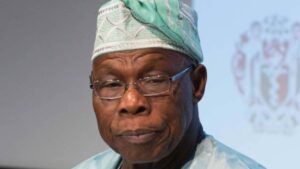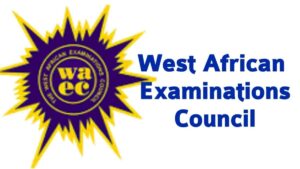


NITDA DG advocates for comprehensive digital literacy in Nigeria’s education system
By Blessing Emmanuel
The Director-General of the National Information Technology Development Agency (NITDA), Kashifu Inuwa CCIE, has called for the urgent integration of digital literacy and skills into Nigeria’s formal education system.
Inuwa made this strong appeal during a high-level Stakeholders Dialogue and Policy Committee meeting on the Review of Basic Education Curriculum, organised by the Nigerian Educational Research and Development Council (NERDC) in Abuja. His message highlighted the necessity of equipping Nigeria’s youth with the tools needed to navigate an increasingly digital world.
In his address, Inuwa underscored the ambitious target set by President Bola Ahmed Tinubu’s administration to achieve 95% digital literacy in Nigeria by 2030, with an interim goal of reaching 70% by 2027. This target is part of a broader national strategy to prepare Nigerian citizens for the challenges they will face in the workforce and society after graduation. “We cannot do it alone,” Inuwa stated, emphasising the need for partnerships across all sectors to develop and implement a robust digital literacy curriculum within the country’s formal education system. “But we believe, with you, we can do it. That is why we are exploring this partnership, to work with you, to build digital literacy and skills curricula in our formal education.”
Inuwa’s advocacy is rooted in the rapidly changing technological landscape, where concepts once confined to science fiction are now becoming reality. He argued that the Nigerian education system must evolve to keep pace with these changes, preparing students for both the challenges and opportunities of the 21st century.
“The future is being shaped by technology, and our educational system must adapt to this new reality. Building human capital is essential for this goal because knowledge is the foundation of a robust and sustainable economy,” he added.
Central to NITDA’s mandate is the development of Information Technology (IT), which Inuwa described as the cornerstone of meaningful national development. He asserted that a nation’s greatest resource is not its natural minerals, but its human capital, and stressed the need for Nigeria to be intentional about harnessing this resource.
“At NITDA, our mission is to develop IT capabilities, and this begins with ensuring that our citizens, especially the youth, are digitally literate. The world is moving at a fast pace, and we must not be left behind.”
Inuwa also highlighted the growing risk that many traditional professions face due to automation. He pointed out that digital skills are becoming increasingly necessary for future employability, as jobs across various sectors are being redefined by technological advancements.
“Automation is a real and present threat to many jobs, and the only way to safeguard our future is by equipping our people with the digital skills they need to remain relevant,” he explained.
Moreover, Inuwa addressed the dual nature of technology, particularly for children. While acknowledging that social media and other digital platforms can be distractions, he emphasised that the right digital skills could help children use technology constructively for self-development.
“Technology is a double-edged sword. If we equip our children with the right skills, we can help them harness technology for good, maintaining their cognitive abilities and fostering responsible use.”
Supporting Inuwa’s call, the Minister of State for Education, Dr. Yusuf Tanko Sununu, emphasised the rapid advancement of the digital era and the need for Nigeria to adapt. “Technology is on the rise, and it’s either you join or get left behind. Our children’s education must provide a foundation that enables critical thinking, problem-solving, and self-protection,” Sununu stated.
He highlighted the importance of integrating digital literacy into education to ensure that Nigeria remains competitive in the global arena.
Dr. Sununu also provided a sobering overview of the challenges facing Nigeria’s education system, particularly in light of the global learning crisis. He revealed that Nigeria has one of the highest rates of out-of-school children worldwide, with one in five such children being Nigerian. Additionally, one in four Nigerian children struggles with poor literacy and critical thinking skills, which pose significant barriers to the country’s development.
To address these issues, Dr. Sununu highlighted the current administration’s commitment to overhauling the educational system through its Marshall Plan for Education for the Community of Hope. This comprehensive plan, which outlines the roadmap for the education sector from 2024 to 2027, prioritises curriculum review and renewal at all levels. The plan aims to ensure that education in Nigeria is not only functional but also aligns with the country’s broader development goals.
“The Marshall Plan for Education is designed to address the systemic issues plaguing our education sector. By prioritising curriculum reform, we are ensuring that our education system produces citizens who are not only literate but are also equipped with the critical thinking and problem-solving skills necessary for national development,” Sununu explained.



